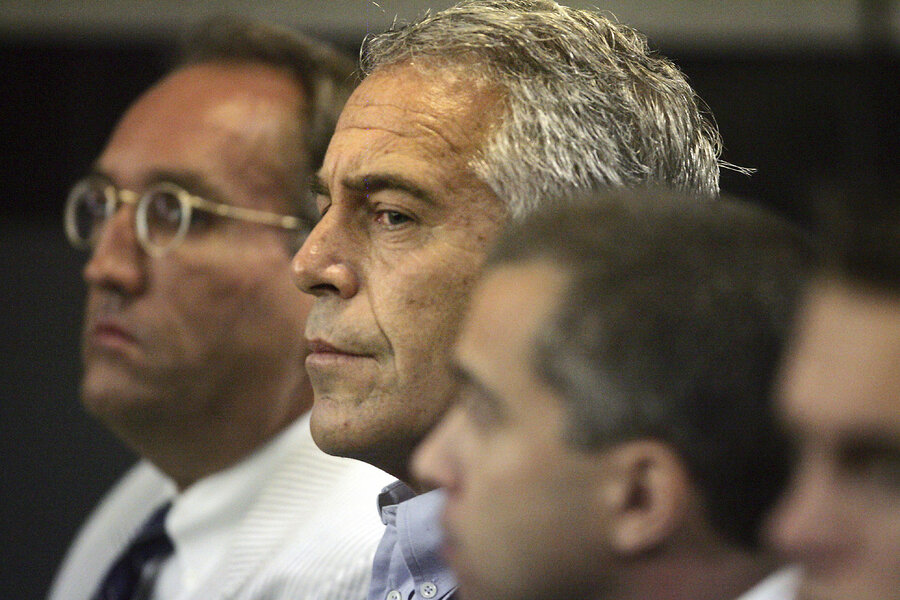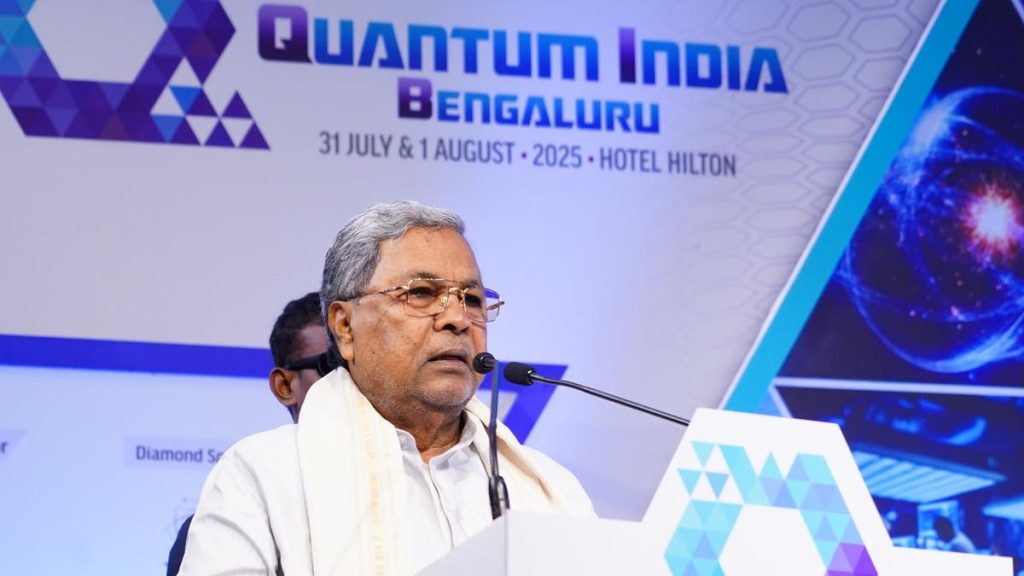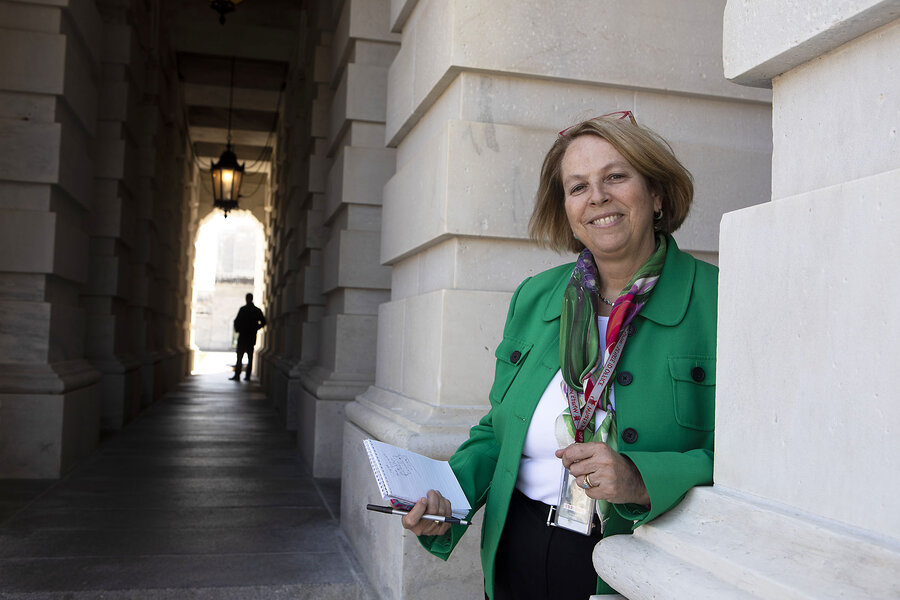Now Reading: 20 Years of Investigations: Unpacking the Epstein Files
-
01
20 Years of Investigations: Unpacking the Epstein Files
20 Years of Investigations: Unpacking the Epstein Files

Speedy Summary
- Jeffrey Epstein’s Case and Background: epstein,a wealthy financier,was accused of sexually exploiting teenage girls from 2005 onward. He struck a controversial plea deal in 2008, serving limited time. Arrested again in 2019 on charges of child sex trafficking, he died by suicide in custody.
- Ghislaine Maxwell Conviction: Maxwell, Epstein’s associate, was convicted for her involvement in his crimes and sentenced to 20 years imprisonment in 2021.
- Records and Files Controversy: Federal investigations uncovered significant evidence against Epstein but many files remain sealed due to privacy considerations or legal constraints.
- Trump Governance’s Involvement: Attorney General Pam Bondi revealed she reviewed teh “Epstein client list,” which reportedly names influential figures including Donald Trump and others. However, federal agencies claim no such list exists following exhaustive reviews of the case files. Trump denies connections to nefarious activities linked with Epstein.
- Efforts to Unseal Records: The Justice Department has sought court approval for releasing grand jury transcripts and records related to the case but faced setbacks as courts decline requests citing legal precedent.
- Congressional Action: House Oversight Committee has subpoenaed federal records about the examination while also pushing for Ghislaine Maxwell’s testimony before Congress.
Indian Opinion Analysis
The ongoing efforts to uncover complete documentation on Jeffrey Epstein’s alleged criminal enterprise highlight complex intersections between justice systems, privacy rights, and public accountability-issues relevant not just globally but also within India’s own judicial processes. clarity is essential for building trust among citizens; though, this case illustrates how legal constraints frequently enough prevent unrestricted access to sensitive facts rooted in confidentiality requirements.
For India-a nation striving toward balancing individual rights with systemic transparency-the controversies surrounding sealed documents raise pertinent lessons regarding striking equilibrium between fair trials and accountability without compromising privacy concerns. Furthermore, high-profile involvement underscores how cases entangled with powerful figures often face societal skepticism about impartiality-a reminder that rigorous oversight mechanisms are necessary were justice intersects elite privilege.
this global discourse adds weight behind victims’ voices demanding disclosures amid ancient ineffectiveness during investigations-a principle applicable universally for prioritizing justice over political narratives or institutional reputation defense frameworks.























